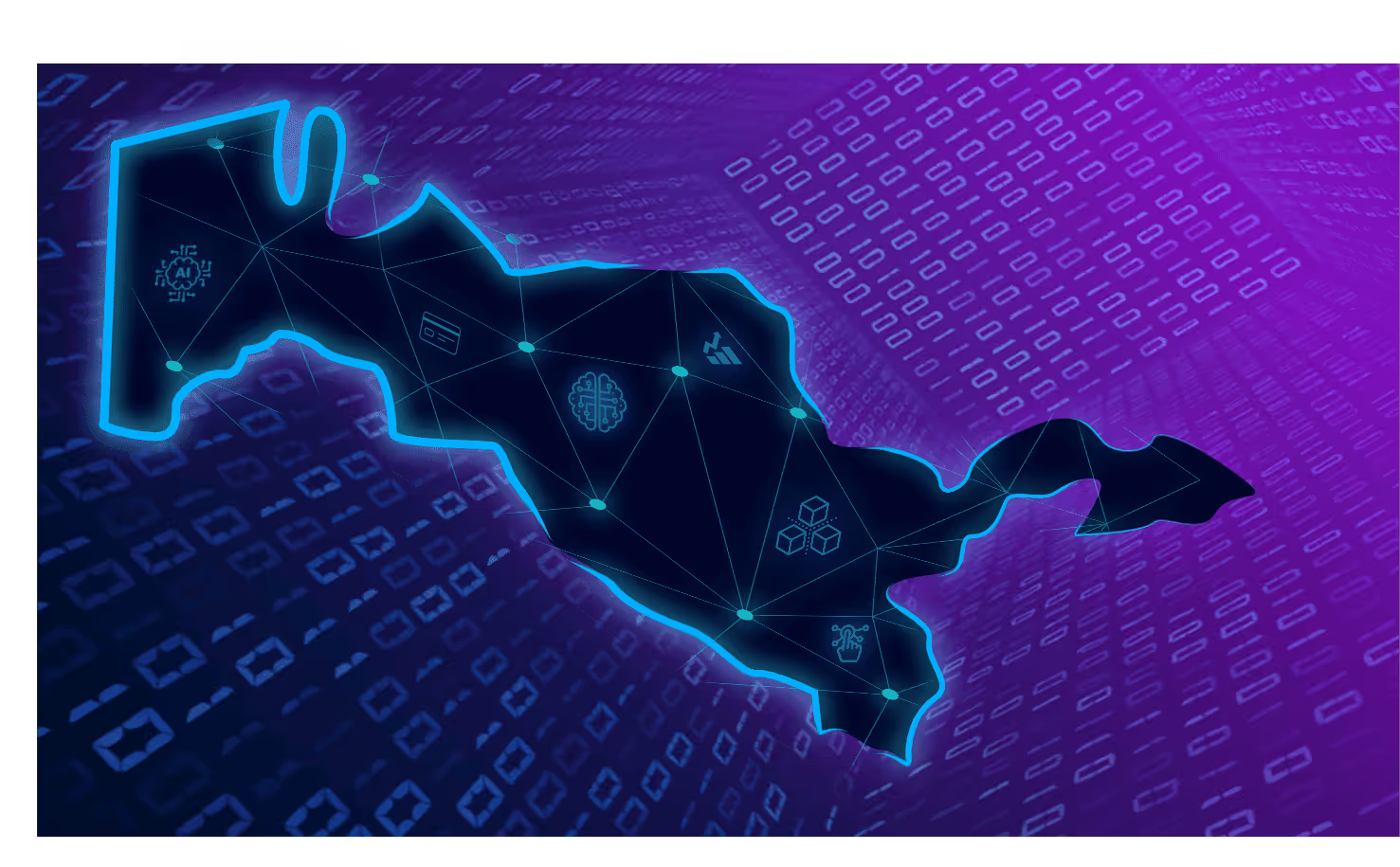TBC Pay and the Future of Digital Payments in Georgia: Why It Matters
This article explores why TBC Pay is not just a payment platform—but a market signal, a policy tool, and a regional blueprint.
.avif)
As real-time payment systems and interoperable digital finance networks begin to reshape the global payments landscape, TBC Pay emerges as one of the most strategically important players in Georgia’s fintech evolution. But what makes it so critical, and how does its trajectory intersect with broader trends in payments modernization across the Caucasus and beyond?
1. The Missing Link Between Infrastructure and Adoption
Unlike many fintechs that scale through niche segments or verticals, TBC Pay bridges infrastructure and accessibility.It combines deep banking infrastructure (via TBC Bank Group) with widespread consumer adoption across all socioeconomic tiers.
- 30,000+ self-service terminals supplement digital access in cash-dominant areas
- Payment use cases range from government fines to transport and mobile top-ups
- Operates as both a closed-loop and interoperable interface across financial rails
This hybrid accessibility gives TBC Pay something most fintechs struggle to achieve: ubiquity.
In a region where many populations still operate outside traditional financial systems, ubiquity is power—and TBC Pay has it.
2. A De Facto Real-Time Payments Infrastructure
While Georgia has not yet launched a central real-time payments platform akin to Brazil’s Pix or India’s UPI, TBC Pay functions as a de facto RTP enabler through:
- Near-instant transfers via personal ID or mobile numbers
- Proxy-payment logic with dynamic SMS authentication and card-linking
- 24/7 availability for disbursements, bill payments, and peer-to-peer transfers
It’s not just fast—it’s behavioral. Users are already experiencing RTP without calling it RTP. That latent familiarity will make Georgia an easier market to onboard once national interoperability schemes launch.
3. An Interoperability Role Model in a Fragmented Region
The Caucasus and Central Asia remain fragmented payment zones, each with unique domestic systems, regulatory nuances, and LPMs. Cross-border inefficiencies are high, and most PSPs serve in isolated silos.TBC Pay is an interoperability role model for three reasons:
- Multi-channel architecture (app, web, terminals) that allows for multiple entry points and future API-based linkages
- Agnostic wallet logic that allows cash-in from various banks, operators, and even terminals
- Deep vertical integration with TBC Bank, allowing for fast fund movement, compliance oversight, and embedded finance use cases
For PSPs and banks in neighboring countries, TBC Pay offers a testbed to simulate regional interconnectivity before central infrastructure matures.
4. A Strategic Partner in Ecosystem Vision
At 8B, we envision a super app ecosystem for local payment methods (LPMs) and cross-border PSPs. In this roadmap, TBC Pay is not a node—it’s a keystone.
- In Georgia, it provides a full stack of payment options and payout use cases for freelancers, SMBs, and gig workers.
- Regionally, it can be integrated into remittance corridors, especially those touching Kazakhstan, Uzbekistan, and Armenia.
- Strategically, it embodies the values of resilience, localization, and compliance—making it ideal for partnership, infrastructure mapping, or sandbox piloting.
5. Trust as a Competitive Advantage
Finally, what truly sets TBC Pay apart is trust—a scarce currency in emerging fintech environments.
- Backed by one of Georgia’s most reputable banking institutions
- Adheres to stringent data protection and privacy regulations
- Offers clear fees and transparent service levels
While startups chase innovation, TBC Pay anchors reliability, which is what ultimately drives adoption in uncertain economies.
A Model to Watch, Integrate, and Learn From
In the wider conversation on payments modernization, TBC Pay represents more than a local success. It is a strategic asset in a transitional region—bridging traditional banking with fintech, and domestic reach with cross-border ambitions.
For those building interoperable, real-time, and inclusive payment ecosystems, TBC Pay is a model to study, integrate, and collaborate with.

%20(1)%20(1).avif)
%20(1)%20(1)-min.avif)

